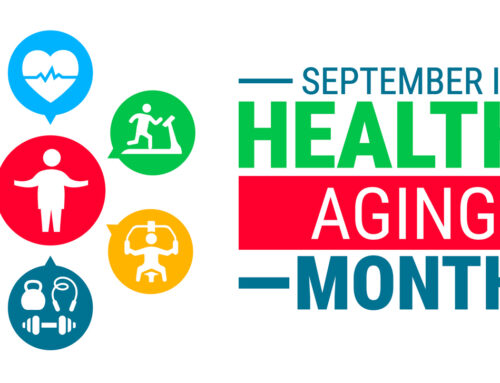Do your kids ever roll their eyes at you when you’re talking to them? Have you ever done the same thing to your own parents? Generational differences have always been a challenge and that becomes even harder as our parents age. It is extremely difficult to see someone you love start to become more forgetful or frail. After all, your parents were the ones that always took care of you. They comforted you when you skinned your knee and helped put you through college and reassured you when you were having problems with your own kids. So how do you have that difficult conversation when you think they might need help? While it may not be totally comfortable, there are some communication techniques that can make it easier.
Don’t be condescending
They are your parents, they are not children. Don’t talk down to them. Just as you get irritated when your own kids make fun of your technology skills (or lack thereof), your parents will feel the same way if they feel they are being patronized.
Slow down
While you may have been thinking about this topic for a while, your parents may need some time to digest it. After all, you are asking them to acknowledge the fact that they may need help and the realization that by getting help, they are giving up some of their independence. You may need to delicately broach the subject several times before they are ready to listen.
Give them your full attention
Don’t try to have this conversation as you are rushing to get your kids off to camp or when you have 50 things on your “to do” list. This is not the time to be distracted. You need to have this conversation when you are calm and not in the middle of a stressful situation. If your parents feel that this is just another thing to check off your list, they are going to be much less likely to be open-minded.
Highlight the positives
While giving up some control in your life is never easy, there are some perks. There are so many times when we are younger that many of wish that we didn’t have to cook, or run errands or clean up the house but we may not be able to afford to get help. However, your parents could take advantage of that with a professional in-home caregiver. That person can also be a great companion for someone who might live alone and not have friends or family close by. At FirstLantic, we find that many of our clients become incredibly close with their caregiver and start thinking of them as family. Take a look at this video of one of our clients and his caregiver as they talk about their friendship.
If your parents need more help, you might have to suggest the idea of moving to an assisted living community. Our sister company, LiveWell Placements provides a free placement service and will set up visits, personally accompany you on your tour and even set up a lunch or dinner on site. They can also arrange for your parent(s) to participate in one of the many classes that are offered. This might give them an idea of how an assisted living environment can actually help them remain physically and mentally active.
Stay upbeat
As long as your parents are still capable of making their own choices, you will have to accept the fact that it is their ultimate decision. You need to respect that, even if it is a different decision than you would make for them. They may just need to take more time to come to the same realization. It can be frustrating but you need to remind yourself that you will get a lot further by having some patience and letting them take the time they need.
To read our other blogs, go to www.firstlantic.com or if you need more information about assisted living options, go to our sister company, www.livewellplacements.com.
 AVAILABLE 24 HOURS A DAY/7 DAYS A WEEK
AVAILABLE 24 HOURS A DAY/7 DAYS A WEEK Careers
Careers







